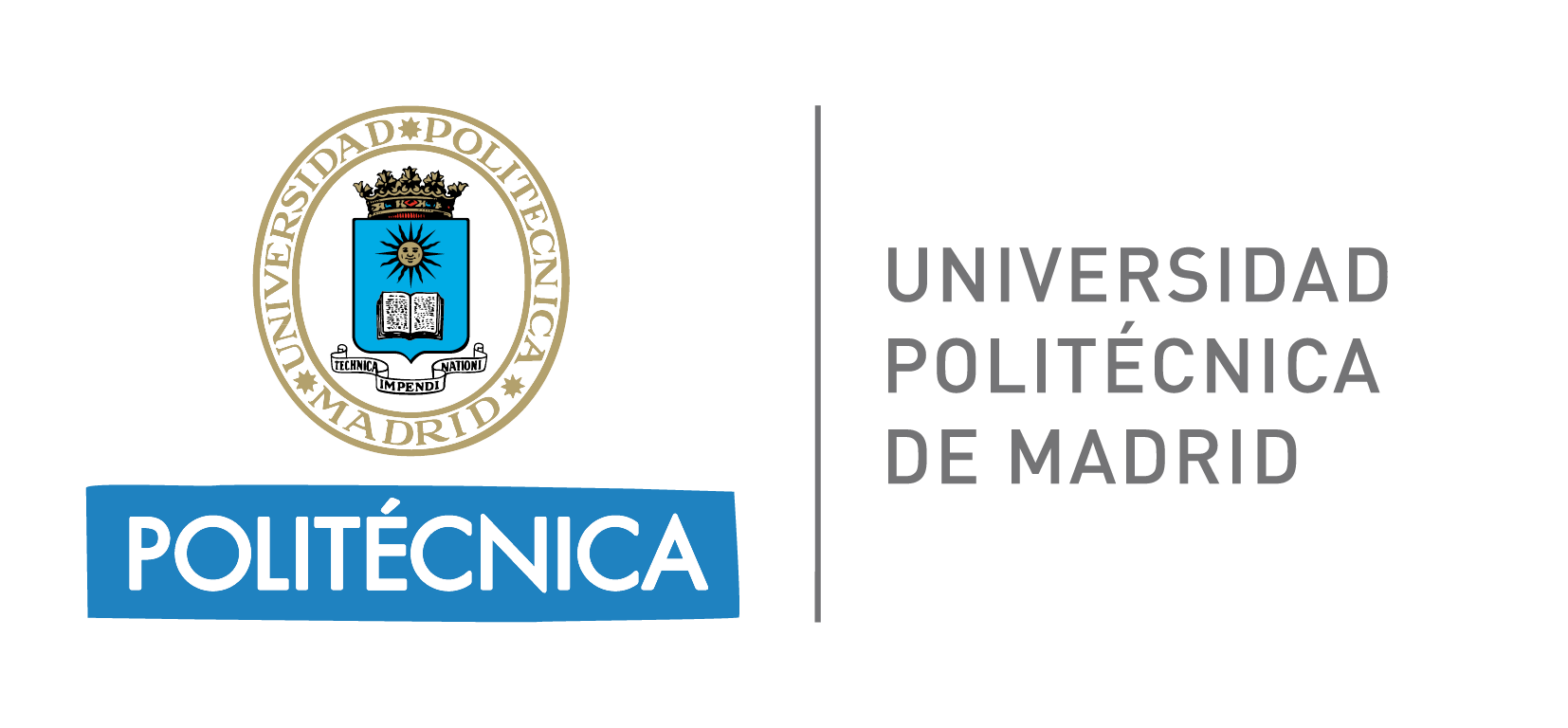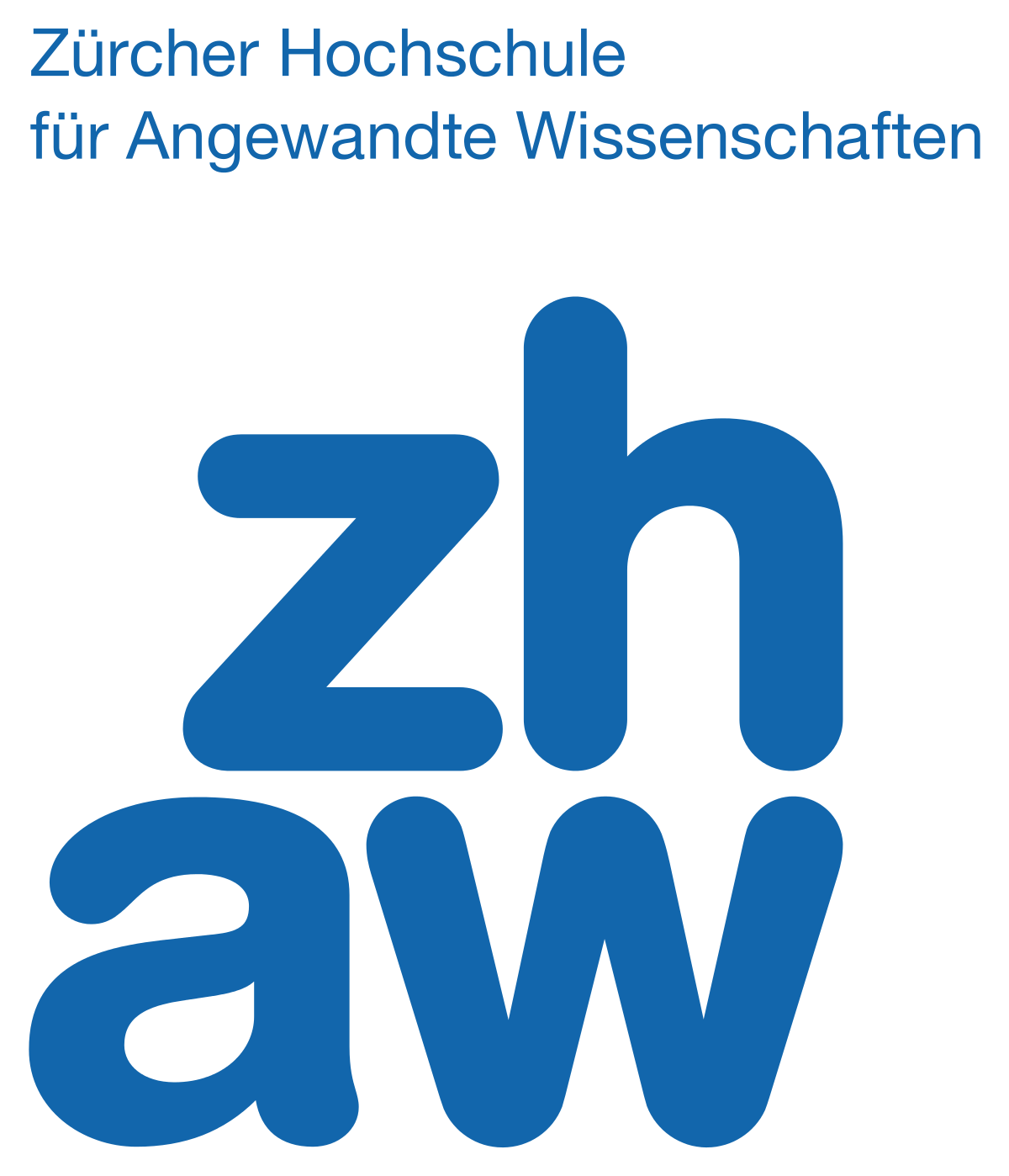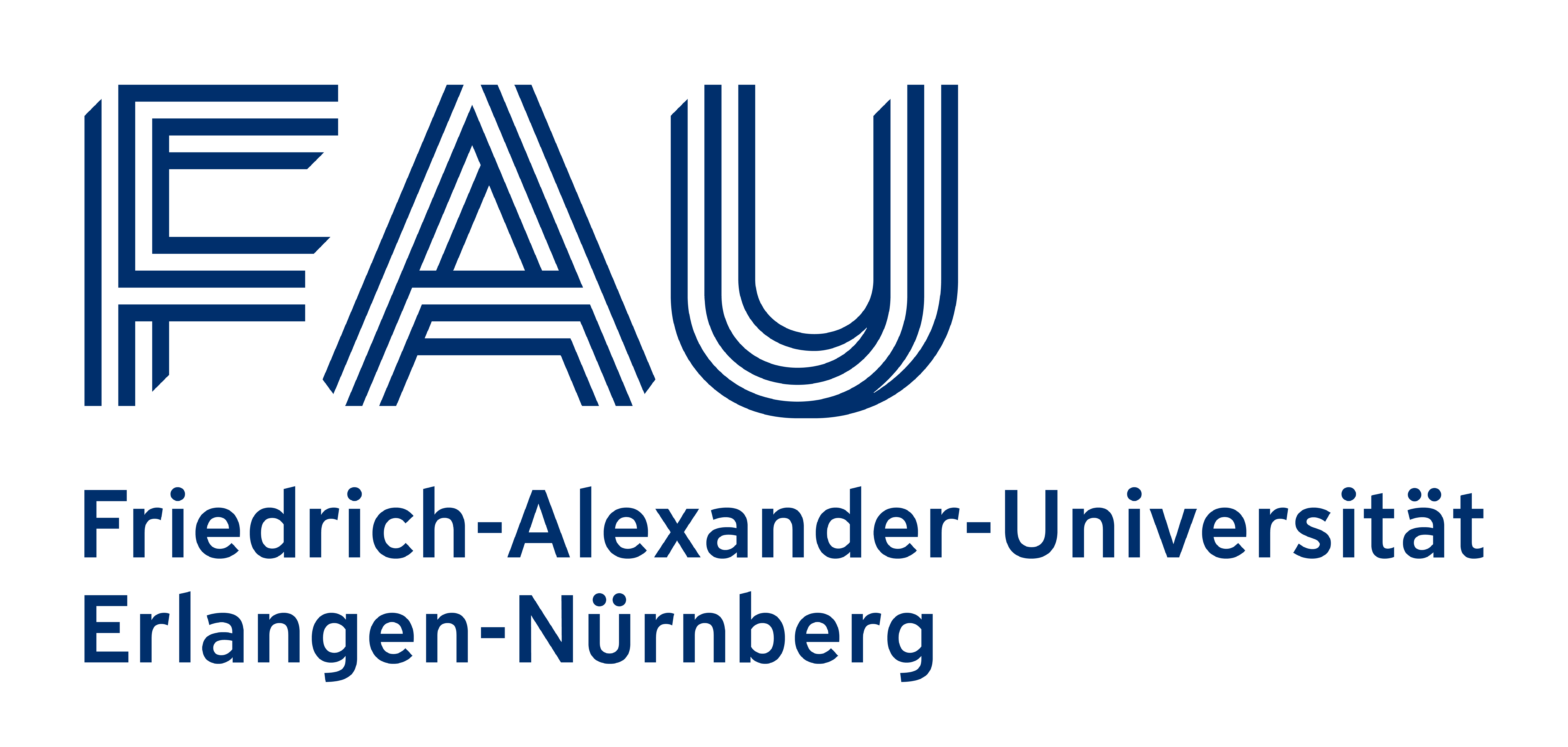AI for Translation/Interpreting
1. Preparation (Task 1):
Prior to the conference, students will be given the following challenge: The company students work for is expanding internationally, requiring a multilingual website and documents. However, the company is reluctant to invest in professional multilingual communication, despite ongoing internal and external issues caused by the ad hoc use of AI tools and resulting mistranslations. To prepare for the conference, students must research and review literature, market surveys, or conference reports on AI in multilingual communication (including translation/interpreting), or conduct interviews with industry stakeholders (language service providers, professional translators/interpreters, or companies with/without language departments).Outcome (individual):
A written summary (800–1000 words) of at least three articles/papers or interviews, focusing on arguments for/against human involvement. Include references and indicate any use of AI tools. Deadline: 25 September.2. Simulation – Hackathon Workshop (Task 2):
On Day 1 of the conference:
students will take notes and collect at least five arguments for and/or against human involvement in AI-assisted multilingual communication. These arguments should help raise awareness of AI-related challenges, including financial implications.Outcome (individual):
A written summary (800–1000 words) presenting five arguments (one per paragraph), based on the conference lectures, discussions, and previous reading by 3 October.On Day 2:
students will work in transdisciplinary groups (in person/remotely) to present their arguments, recommend steps to address the challenge, and justify their proposed solutions in a pitch format to company executives during the 'Hackathon Workshop'. The workshop will encourage students to propose novel solutions and to create/test AI-based learning materials. Innovative pedagogy, such as formative assessment, will be used to provide continuous feedback.Outcome (group):
A PowerPoint presentation of the pitch (5-6 slides), by 3 October.3. Follow-up (Task 3):
Following the conference, students will write a conference report (as a group) and upload it, along with their literature review and pitch, to the AI for T/I Portal. Academic professionals will be invited to develop and/or test teaching materials, and upload them to the Portal, accompanied by a brief reflection on how this activity worked with their students.Outcome (students):
literature review/interview(s), pitch, conference report available on the AI for T/I Portal, by 30 November.Outcome (academic professionals):
Teaching material uploaded to the AI for T/I Portal, by 30 January. (For credentials, a screenshot of the learning platform showing a task or activity integrated into the training programme is required.)Participation requirements
All students, academic and other professionals interested in translating and interpreting in the era of AI are welcome to the conference which will be held in person in Budapest, but joining online will be available as well to bring students, researchers and industry professionals and practitioners together. There is no participation fee. However, participating STUDENTS SELECTED FOR FUNDING of travel and accommodation costs (max. 10) MUST FULFILL ALL THREE TASKS AND ATTEND THE CONFERENCE IN PERSON to get the ECTS credits. Non-selected students are also welcome, but need to apply for funding with their respective universities. Some translation/interpreting or multilingual experience is welcome, but not a must. Academic professionals affiliated with Eelisa Alliance universities should turn to their respective Eelisa coordinators for funding.
Eelisa credentials, certificate of attendance
* If you would like to receive ECTS for your home degree program, please clarify credibility of the activity with your local study and degree coordinator beforehand.




